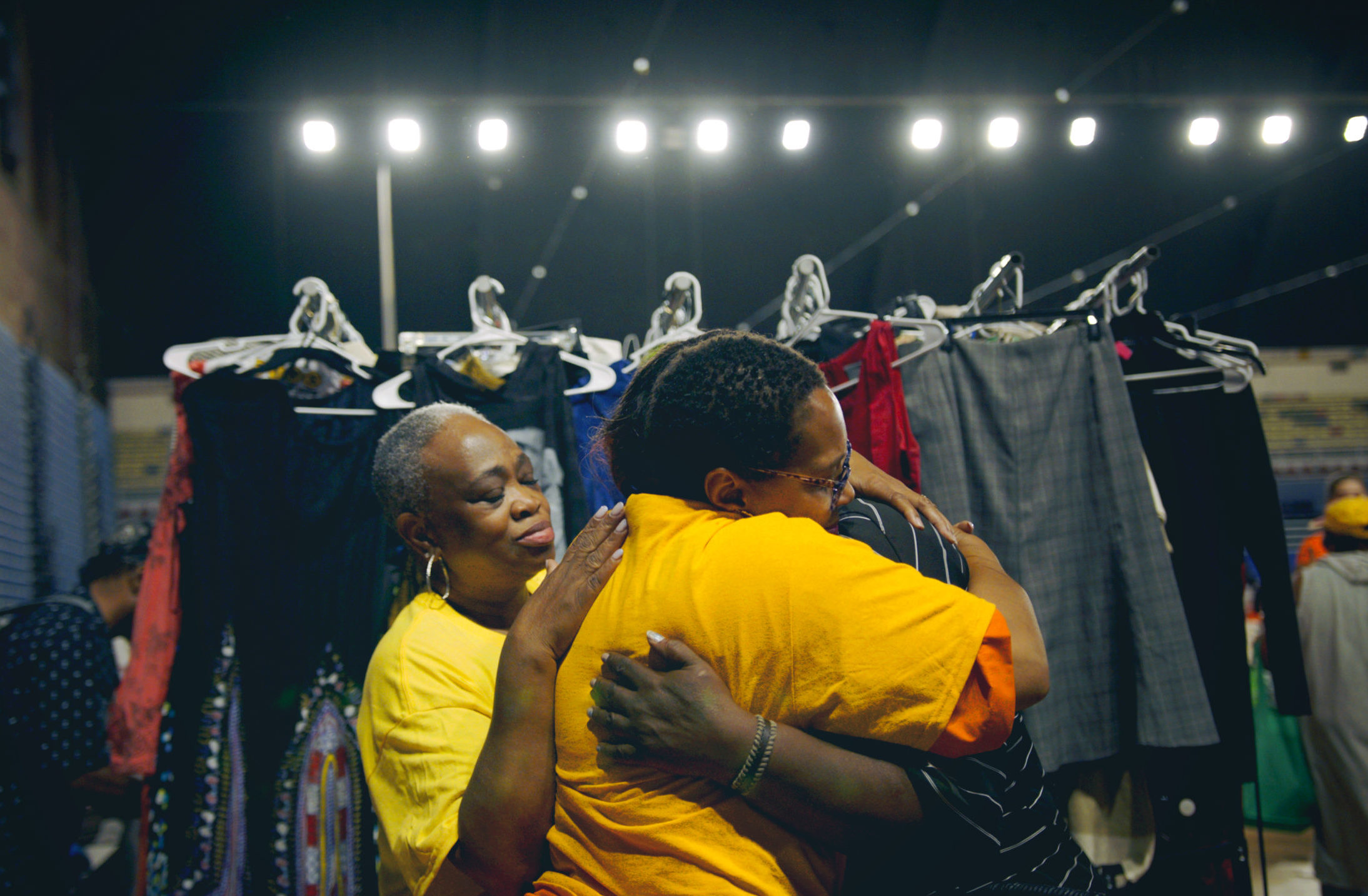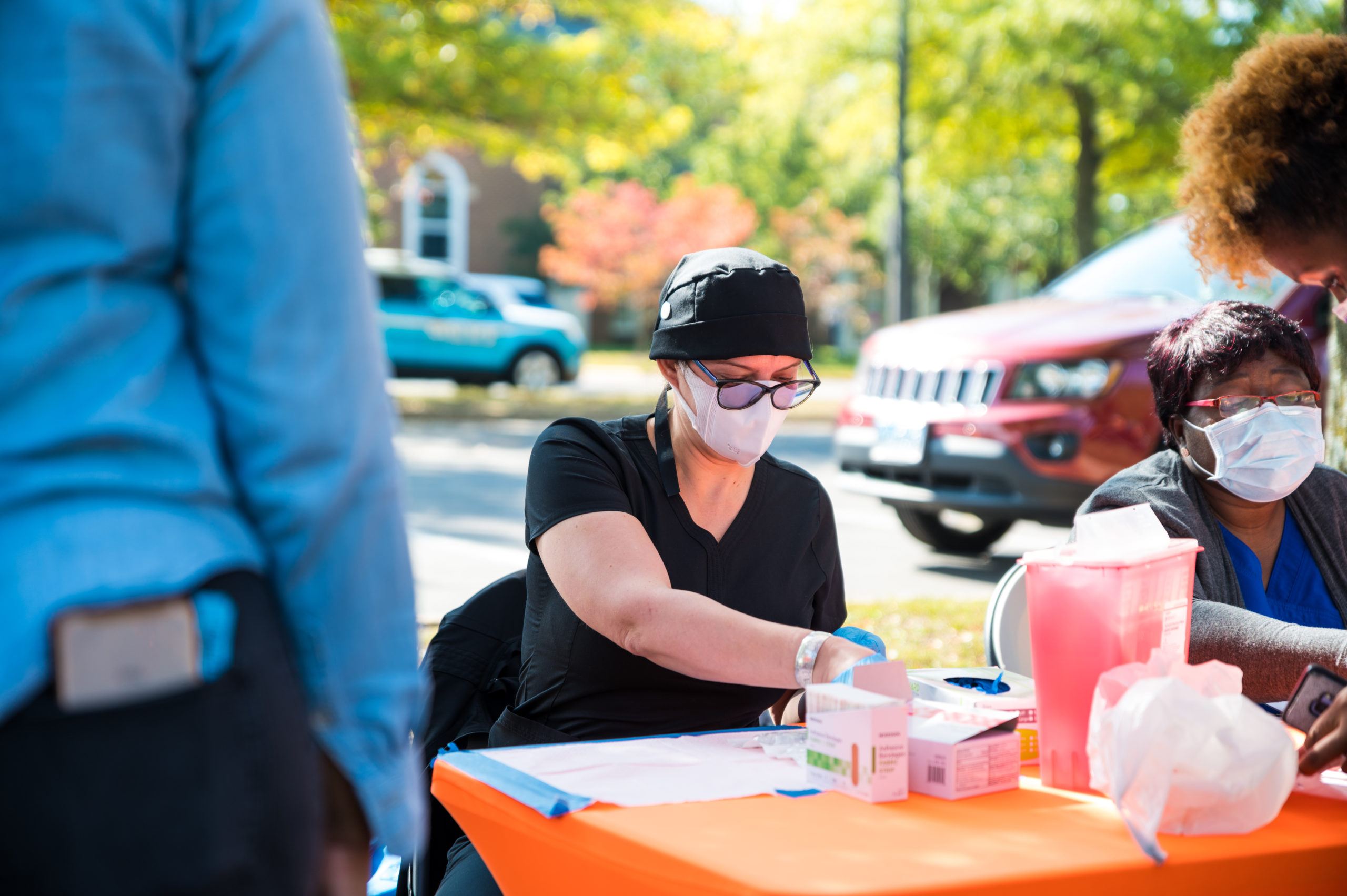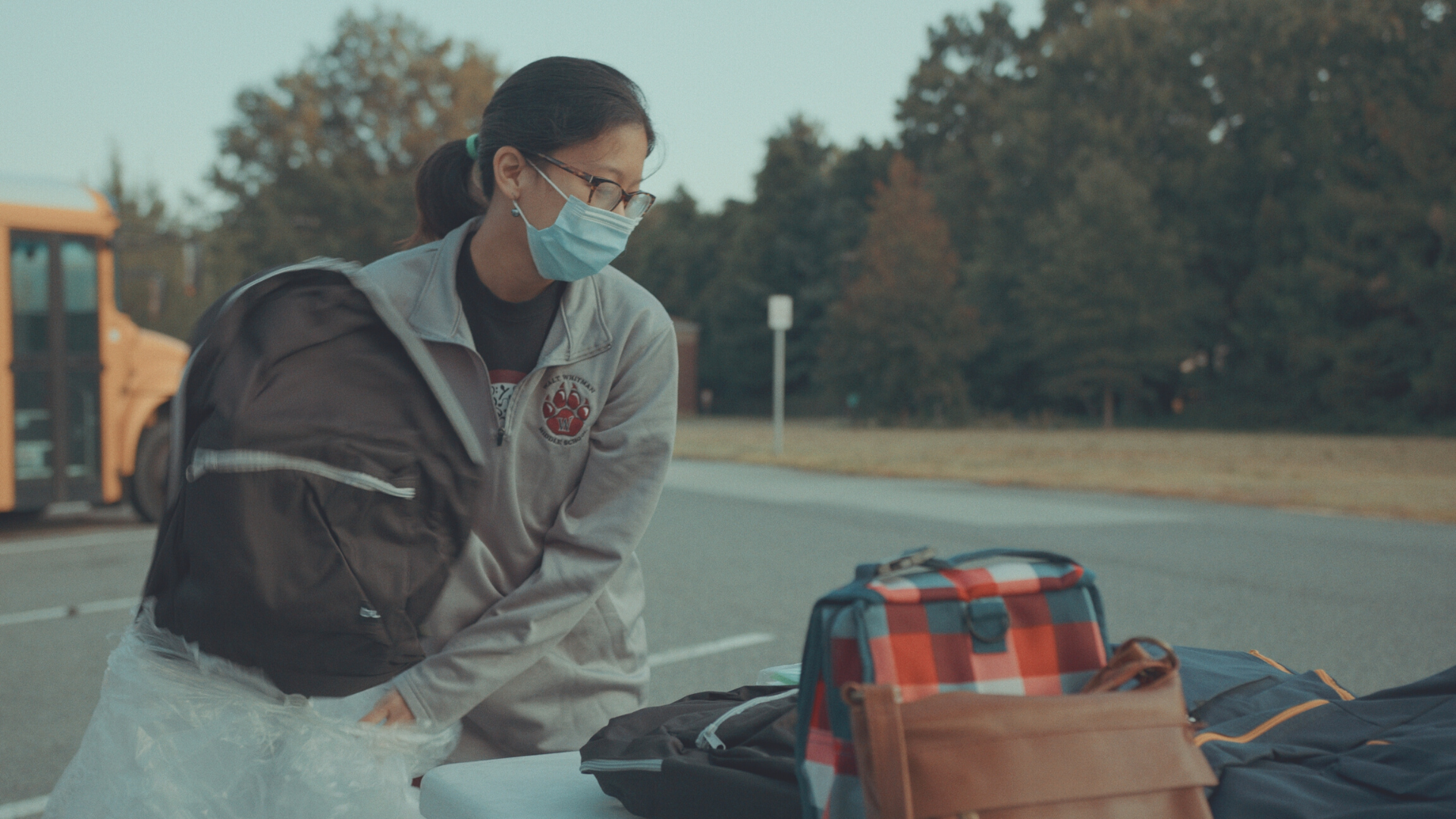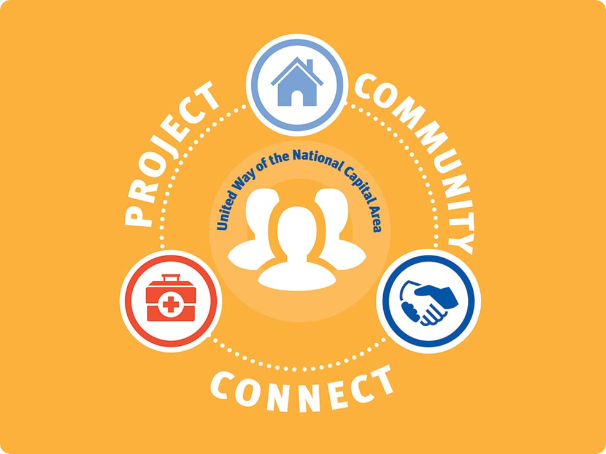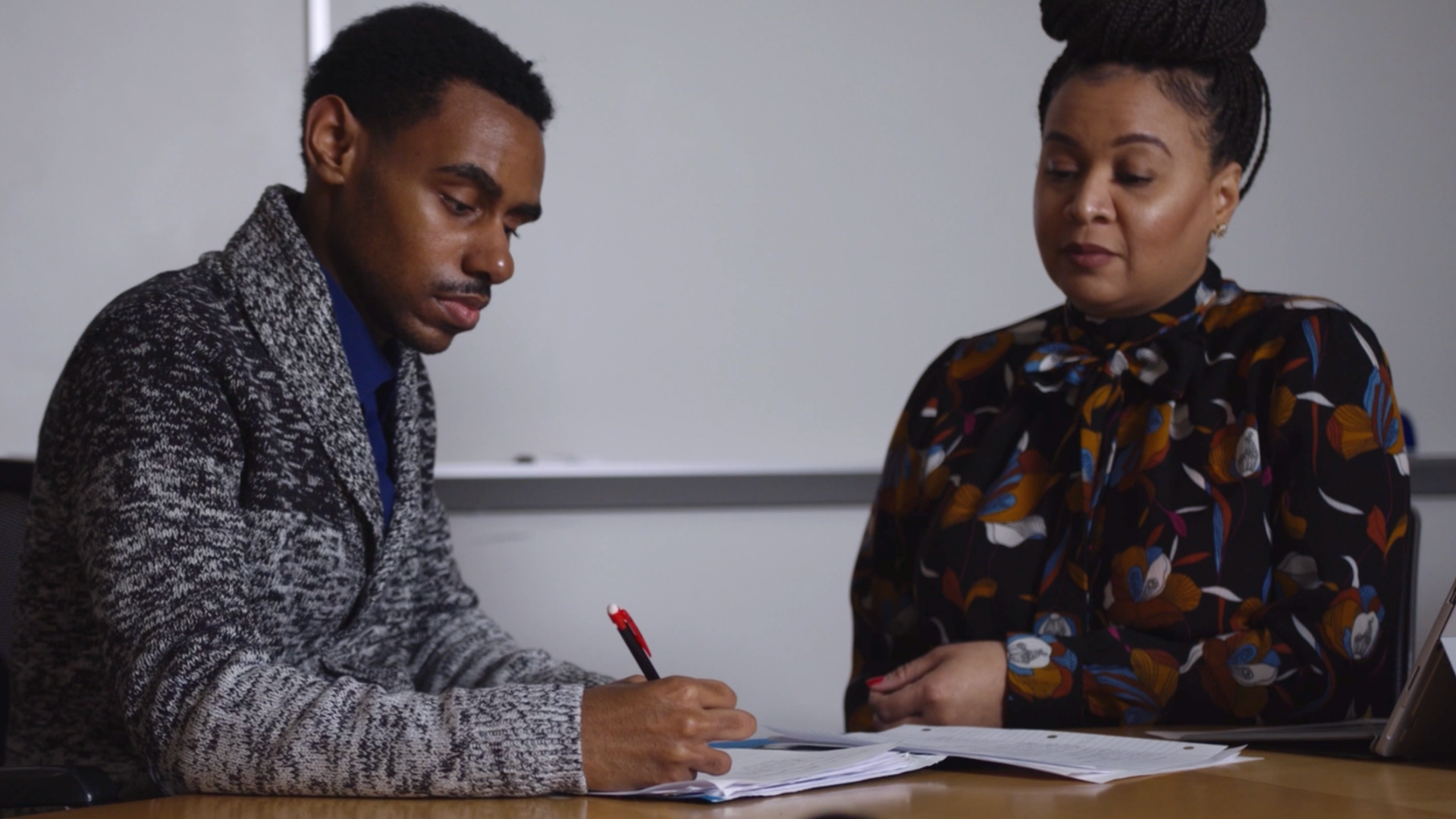
If you or someone you know needs emergency assistance, contact 2-1-1.
2-1-1 is a non-emergency assistance phone number. It is a free service that helps individuals and families access emergency services in their local community, such as information on local homeless support shelters.
Call specialists are available 24 hours a day, 7 days a week. They assess callers’ needs and connect them to health and human services agencies and nonprofits that can help.
If you or someone you care about is encountering mental health challenges, we encourage you to find the mental health resources near you to obtain help.
What will happen when you contact the 2-1-1 hotline?
1. A specialist will listen to your situation
When you contact the 2-1-1 hotline, a trained specialist will listen attentively to your situation, concerns, and needs.
2. Identifying your needs
The specialist will work with you to identify your specific needs, whether it’s related to housing, food assistance, mental health, or other support services.
3. Connecting to helpful resources
Based on your needs, the specialist will connect you to a network of local resources, including community organizations, nonprofits, and government agencies that can provide assistance.
4. Receiving help
Through the 2-1-1 hotline, you’ll receive access to the help and support you need, whether it’s emergency services, counseling, financial assistance, or other forms of support tailored to your situation.
How to find crises and homelessness assistance in your community
When seeking assistance for crises or homelessness in your community, there are several resources you can reach out to:
Contact the 2-1-1 helpline
The 2-1-1 helpline is a valuable resource for individuals and families in need. By dialing 2-1-1, you can connect with trained specialists who can guide you to local services and support.
The Continuum of Care (CoC) Program
The Continuum of Care (CoC) program is a nationwide initiative that coordinates services for individuals experiencing homelessness. Each community has a designated CoC program that works to provide housing options, support services, and resources to address homelessness.
The National Coalition for the Homeless
The National Coalition for the Homeless is an advocacy organization that works to prevent and end homelessness across the United States. They provide information, resources, and support for individuals and communities tackling homelessness issues.
Housing & homeless shelter support in Washington, D.C. & surrounding areas
There are several services for individuals facing homelessness in DC and surrounding areas including
- Coordinated Assessment and Housing Placement (CAHP)
- Emergency shelter
- Day shelters
- Housing programs
When should you call the homeless shelter hotline?
The Washington DC Shelter Hotline (202-399-7093 or call 311) helps when:
- An individual requests transportation to a shelter
- An individual expresses they are cold or you witness behaviors indicating that they may be cold — they are at risk of hypothermia
- You see an individual who appears to be vulnerable and you have a concern that conditions may be harmful
Additional Resources Available to Those Dealing With Homelessness & Related Crises
When facing homelessness or related crises, individuals and families can access a range of additional resources for support:
Rental Assistance Programs
Some communities offer rental assistance programs to help individuals at risk of homelessness or struggling to afford housing.
Healthcare Services
Community health clinics, free or low-cost healthcare programs, and mental health services provide essential healthcare support.
Financial Assistance Services
Financial assistance services help individuals learn more about managing finances, navigate challenges, and access financial resources.
More information on how to gain assistance with these services and more can be gained through the 2-1-1 helpline. To learn more about help with mental health, visit our page on mental health resources in DC. However, if you or someone you know is facing an emergency, call 911.
Our Programs
The programs below are here to help you and your loved ones in the national capital area.

